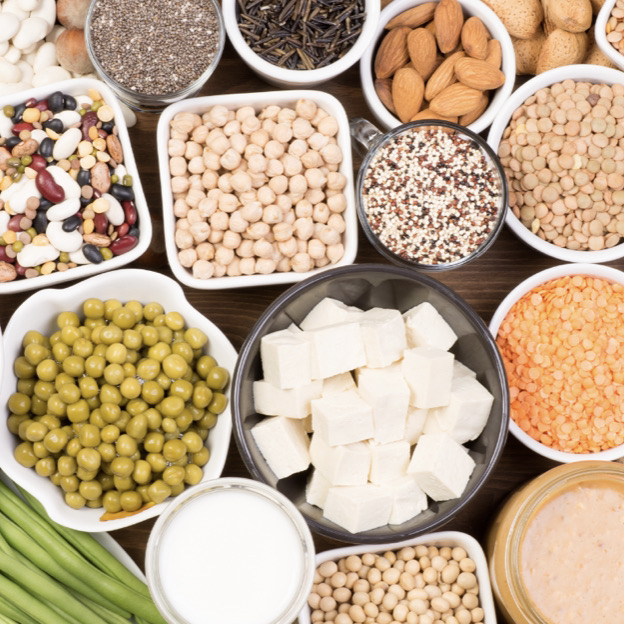In this context, the European Union is actively promoting the concept of a "protein transition," advocating for a reduction in animal meat consumption and a surge in alternative protein sources, such as vegetables, microalgae, fungal fermentation (and other microorganisms), and insects. All of these developments present an opportunity for the Spanish agri-food sector.
Spain have lacked infrastructure specifically equipped for research and innovation in the domain of alternative proteins, encompassing both laboratory research and pilot-scale production. This is where CiPA aspires to become a benchmark center for the exploration of alternative proteins in Southern Europe.
The purpose of CiPA is to promote sustainable food and feed production by valorizing alternative sources of protein for both animal and human consumption. To achieve this goal, CiPA encourages research and technology related to co-products, by-products, waste, and surplus materials from the agri-food sector.
One of the specific objectives of the center is the production of biomass: organic matter obtained from protein-rich plants and through solid, liquid, and precision fermentation processes involving microorganisms such as bacteria, yeast, or fungi, as well as from algae and insects.
Through these processes , it will be possible to obtain food ingredients, protein concentrates, and isolates necessary for the development of protein-rich foods for both human and animal consumption, particularly in the context of animal feed, enriching Spain’s agrifood ecosystem in this sector.

.png.transform/rendition-xs/image_image%20(1).png)




